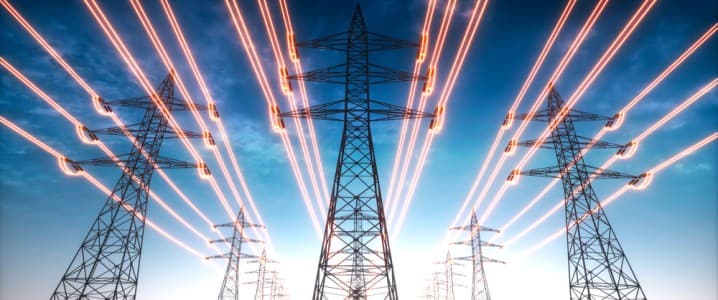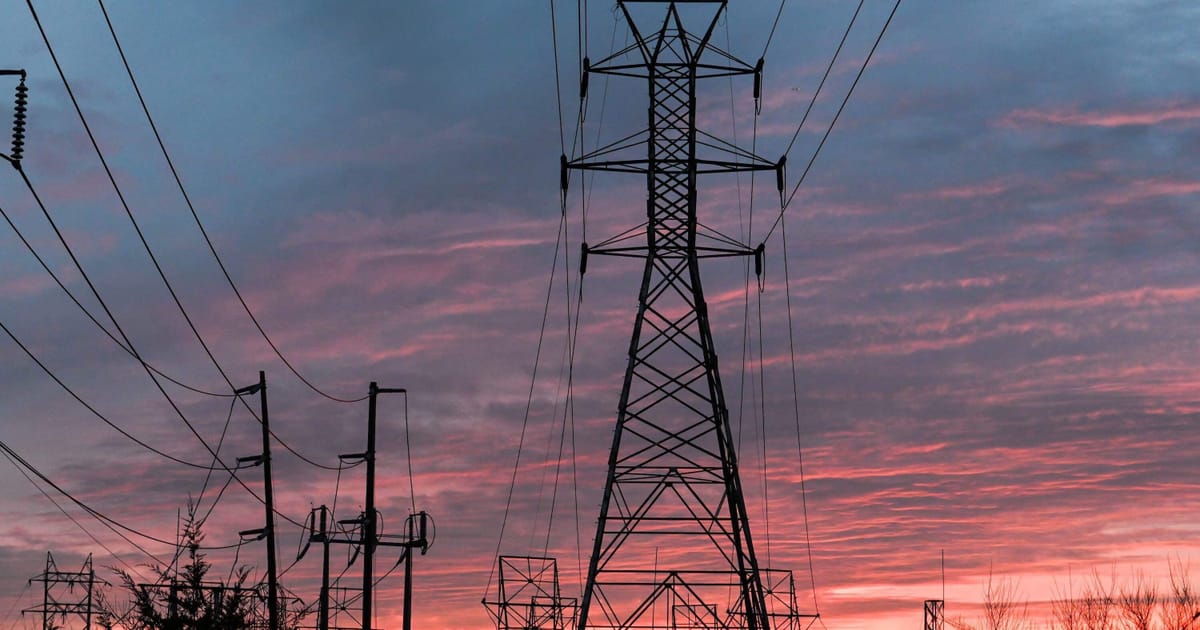Australia to Invest $15 Billion in Clean Energy Over the Next Decade | OilPrice.com

Tsvetana is a writer for Oilprice.com with over a decade of experience writing for news outlets such as iNVEZZ and SeeNews.
Australia plans to invest as much as US$15 billion (AUS$22.7 billion) over the next decade to become a renewable energy superpower and boost its domestic critical minerals economy, the country’s Labor Government said on Tuesday.
The cabinet unveiled today a Future Made in Australia plan to bring new jobs and opportunities and “help Australia succeed and remain an indispensable part of the global economy as the world undergoes the biggest transformation since the industrial revolution.”
The 2024-25 Budget will invest the equivalent of US$15 billion over a decade to boost clean power generation and facilitate private sector investment in low-carbon energy solutions.
Australia will allocate funding to support innovative technologies, including green metals, batteries, and low-carbon liquid fuels. The new plan also introduces a Hydrogen Production Tax Incentive and a Critical Minerals Production Tax Incentive.
The government has also earmarked funding for a national hydrogen strategy to make Australia a global hydrogen leader by 2030.
Last year, Australia allocated $1.32 billion (AUS$2 billion) in the 2023-24 budget to accelerate large-scale renewable hydrogen projects, aiming to become a world leader in green hydrogen production.
The country is also a major producer of lithium, the key mineral in the current leading global battery technology, and of nickel, which is also crucial for battery manufacturing.
While allocating billions of dollars to low-carbon energy, Australia is recognizing that natural gas will play a key role in the energy transition.
The government said in its Future Gas Strategy last week that Australia would continue to back exploration and increased production of natural gas as the fuel will play a key role in the country’s transition to a net-zero economy by 2050 and help provide a reliable source of energy to Australia’s allies.
“The Strategy makes it clear that gas will remain an important source of energy through to 2050 and beyond, and its uses will change as we improve industrial energy efficiency, firm renewables, and reduce emissions,” said Madeleine King, Australia’s Minister for Resources and Northern Australia.
ADVERTISEMENT
Tsvetana is a writer for Oilprice.com with over a decade of experience writing for news outlets such as iNVEZZ and SeeNews.
Washington’s Pleas Fall on Deaf Ears as Ukraine Strikes Russian Refineries
The materials provided on this Web site are for informational and educational purposes only and are not intended to provide tax, legal, or investment advice.
Nothing contained on the Web site shall be considered a recommendation, solicitation, or offer to buy or sell a security to any person in any jurisdiction.



